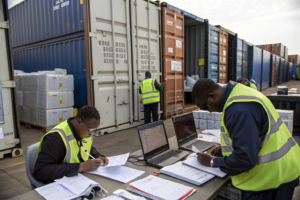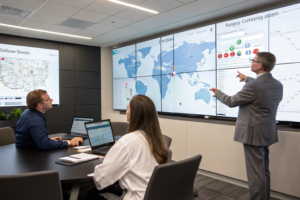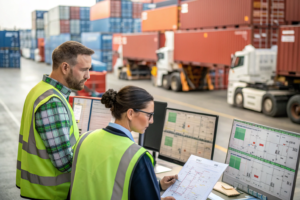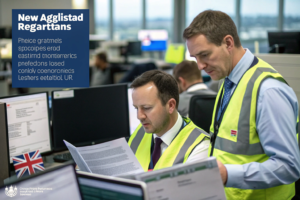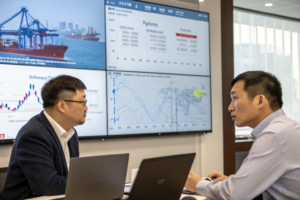Navigating customs procedures can be overwhelming for first-time importers. The complex paperwork, unfamiliar regulations, and potential for costly mistakes create significant anxiety. Many new importers worry about delays, unexpected fees, or even having their shipments rejected. Understanding how freight forwarders guide beginners through this process provides confidence and prevents common pitfalls.
Freight forwarders handle customs for first-time importers by providing comprehensive education, managing all documentation, ensuring proper product classification, and serving as a buffer between the importer and customs authorities. This end-to-end support transforms a potentially stressful experience into a smooth, educational process.
Let's explore the specific steps professional freight forwarders take to ensure first-time importers successfully navigate customs clearance while building knowledge for future shipments.
What educational support do forwarders provide first-time importers?
First-time importers often lack basic knowledge about international trade procedures. Professional freight forwarders begin by educating clients about fundamental concepts and requirements. This foundation building is crucial for preventing misunderstandings and establishing realistic expectations.
We start with explaining key terminology like Incoterms, HS codes, and duty calculations. We provide clear timelines outlining each step of the customs clearance process. We explain the roles of different parties involved, including customs brokers, port authorities, and carriers. Most importantly, we help first-time importers understand their legal responsibilities as importers of record. This educational approach empowers clients to make informed decisions throughout the import process.

How do forwarders explain Incoterms to new importers?
Incoterms fundamentally determine responsibility and risk allocation in international shipments. For first-time importers, we simplify these complex terms using:
- Plain language explanations avoiding legal jargon
- Visual diagrams showing responsibility transfer points
- Real-world examples relevant to their specific products
- Cost comparison tables showing how different terms affect total landed costs
- Risk assessment frameworks helping them choose appropriate terms
This educational approach ensures first-time importers understand whether they're responsible for customs clearance (like EXW terms) or if we handle it as part of DDP services.
What timeline management do forwarders provide?
First-time importers often underestimate how long customs clearance requires. We provide detailed timelines showing:
- Document preparation deadlines before shipment departure
- Expected customs processing times based on product type and value
- Potential delay scenarios and how we mitigate them
- Critical action points where client input is required
- Realistic total timeline expectations from factory to delivery
This timeline management prevents last-minute rushes and sets appropriate expectations for all stakeholders.
How do forwarders manage documentation for first-time importers?
The documentation requirements for customs clearance can overwhelm new importers. Missing or incorrect paperwork represents the most common reason for customs delays. Professional freight forwarders assume responsibility for ensuring all documents are complete, accurate, and submitted correctly.
We provide first-time importers with customized checklists specific to their products and countries of origin/destination. We prepare and review all necessary documents including commercial invoices, packing lists, certificates of origin, and any required permits or licenses. Our document management systems track submission status and alert us to any missing elements well before shipment arrival.
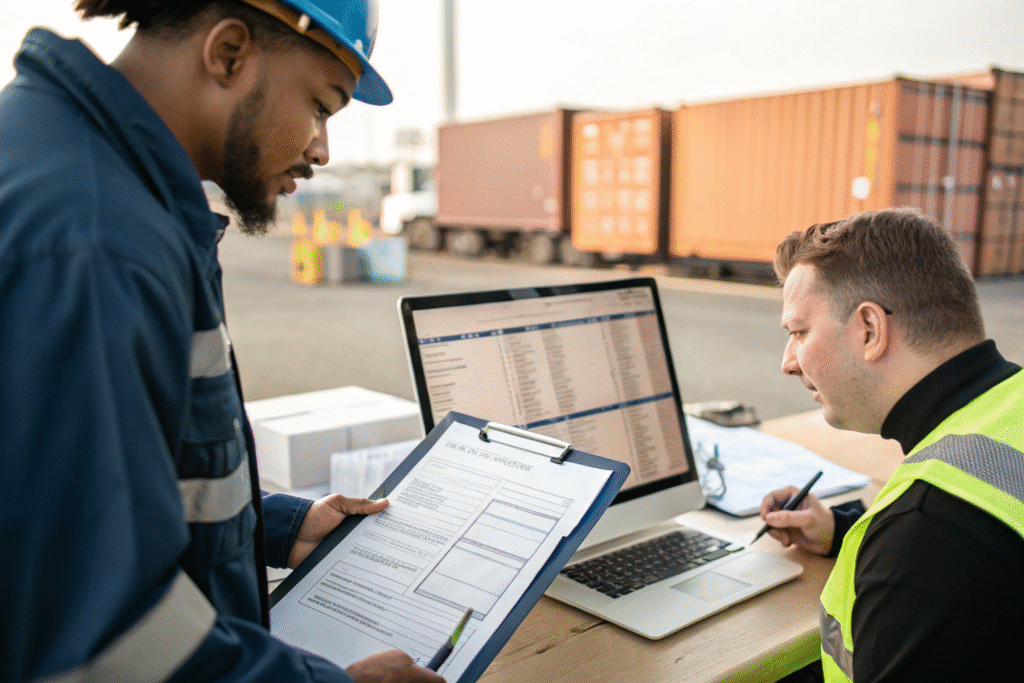
What key documents do forwarders handle for new importers?
The essential documents we manage include:
- Commercial Invoice: Ensuring proper valuation and description
- Packing List: Verifying accurate quantity and weight declarations
- Bill of Lading/Air Waybill: Securing proper title transfer
- Certificate of Origin: Determining eligibility for preferential duty rates
- Import Licenses/Permits: Securing necessary regulatory approvals
We explain the purpose of each document to first-time importers, turning the process into a learning experience rather than just a bureaucratic requirement.
How do forwarders prevent documentation errors?
We implement multiple quality checks to prevent documentation errors:
- Three-point verification system for all submitted documents
- Database cross-referencing ensuring consistency across all filings
- Regulatory compliance auditing before submission
- Carrier requirement confirmation for transportation documents
- Client review protocols for accuracy confirmation
This systematic approach catches errors early, preventing customs delays and potential penalties.
How do forwarders ensure proper product classification?
Correct HS code classification is one of the most technically challenging aspects of customs clearance. Misclassification can lead to incorrect duty payments, penalties, or even seizure of goods. For first-time importers unfamiliar with classification systems, this represents a significant risk area.
We provide comprehensive classification services that include detailed product analysis, reference database research, and ruling requests when necessary. Our classification experts examine product specifications, materials composition, and intended use to determine the correct HS codes. We explain the classification rationale to first-time importers, helping them understand how duties are calculated and potential opportunities for duty optimization.
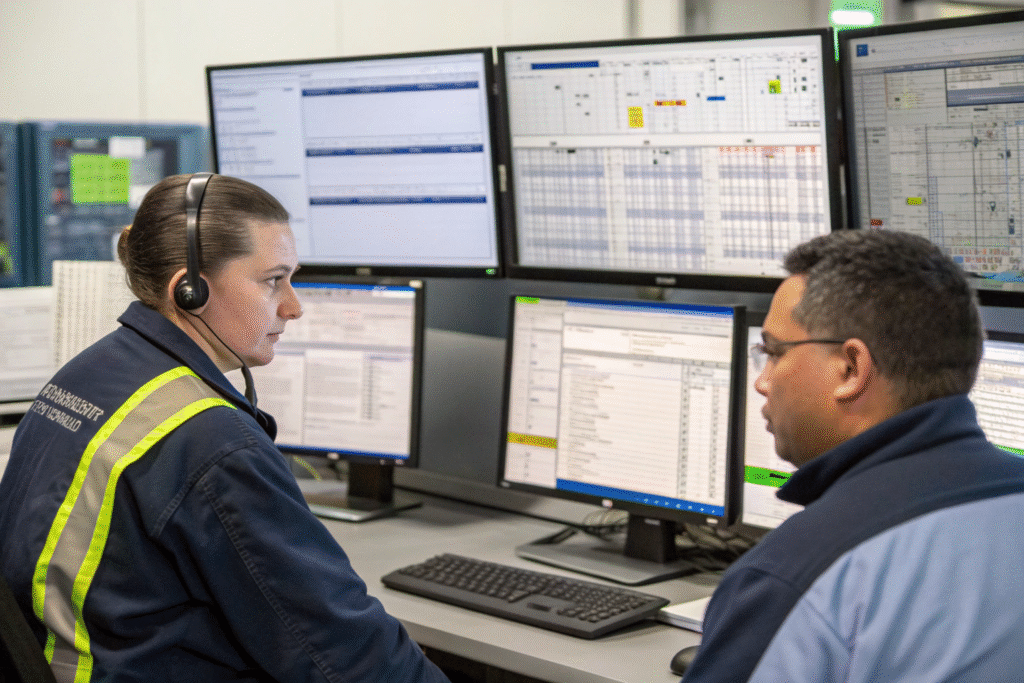
What information do forwarders need for accurate classification?
To classify products correctly, we request:
- Detailed product descriptions including materials and components
- Photographs or samples when classification is complex
- Manufacturer specifications and technical data sheets
- Intended use information as classification sometimes depends on application
- Previous classification documentation if available from suppliers
This collaborative information gathering ensures accurate classification while educating first-time importers about this critical process.
How do forwarders handle classification disputes?
When classification uncertainties arise, we employ multiple resolution strategies:
- Binding ruling requests from customs authorities for definitive classifications
- Precedent research identifying how similar products have been classified
- Expert consultation with customs specialists in specific product categories
- Alternative classification analysis evaluating different approaches
- Voluntary disclosure protocols if errors are discovered post-clearance
This methodical approach to classification disputes protects first-time importers from potential compliance issues.
How do forwarders manage communication for first-time importers?
Clear communication is essential when guiding first-time importers through customs procedures. The complexity of the process, combined with the importer's lack of experience, requires careful communication management to prevent misunderstandings and ensure smooth clearance.
We assign dedicated account representatives who serve as single points of contact throughout the customs clearance process. These representatives provide regular status updates, explain any requests from customs authorities in plain language, and are available to answer questions as they arise. This personalized support structure gives first-time importers confidence that their shipments are being handled professionally.

What communication protocols do forwarders establish?
We implement structured communication protocols including:
- Weekly status updates providing progress reports
- Immediate notification of any issues or delays
- Scheduled check-in calls at critical process milestones
- Clear escalation paths for urgent matters
- Documented conversation summaries ensuring mutual understanding
These protocols ensure first-time importers remain informed without feeling overwhelmed by technical details.
How do forwarders simplify customs terminology?
The specialized language of international trade can confuse first-time importers. We employ multiple techniques to simplify communication:
- Glossaries of common terms with plain-language definitions
- Analogies and comparisons relating complex concepts to familiar ideas
- Visual aids and flowcharts illustrating processes and relationships
- Step-by-step explanations breaking complex procedures into manageable steps
- Patient Q&A sessions addressing specific concerns as they arise
This approach demystifies customs procedures and builds the importer's knowledge for future shipments.
Conclusion
For first-time importers, professional freight forwarding services provide much more than just customs clearance—they offer education, support, and risk management during a potentially stressful process. By handling documentation, ensuring proper classification, managing communications, and providing comprehensive education, freight forwarders transform customs clearance from a barrier into a manageable business process. This supportive approach not only ensures successful first shipments but also builds the foundation for confident, independent import operations in the future. The value extends beyond the immediate shipment to create lasting import capability within the business.

